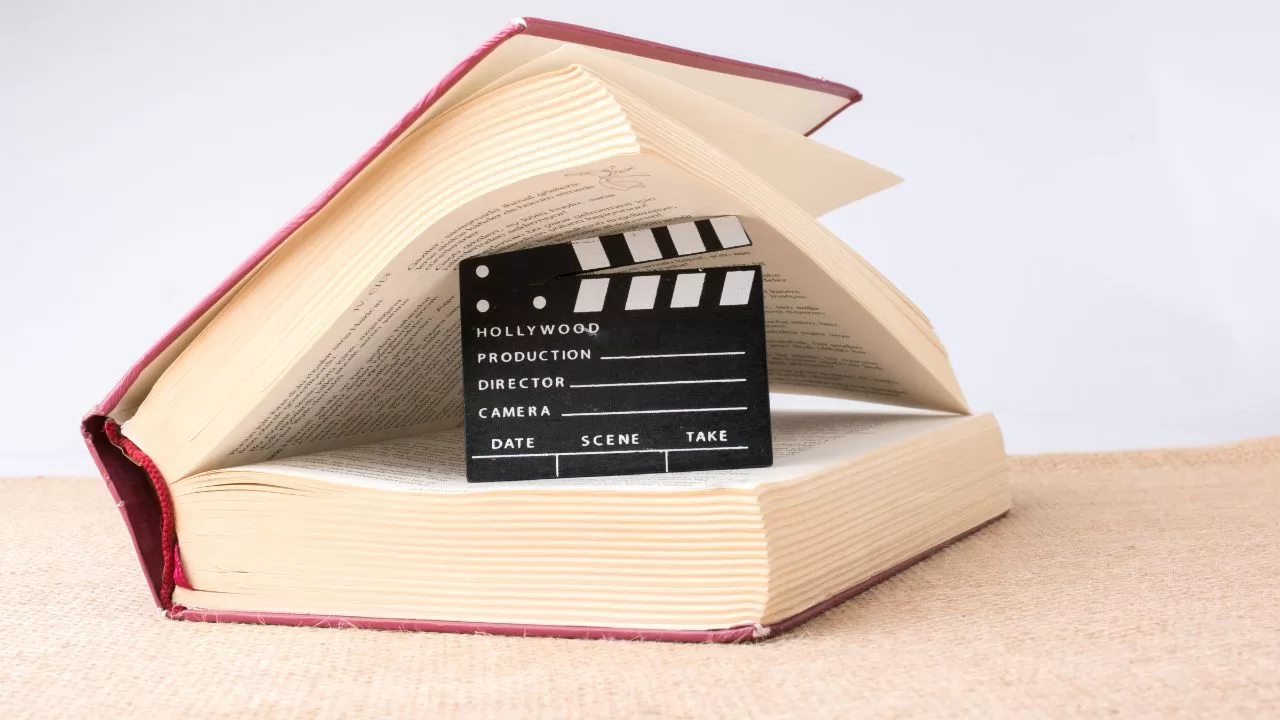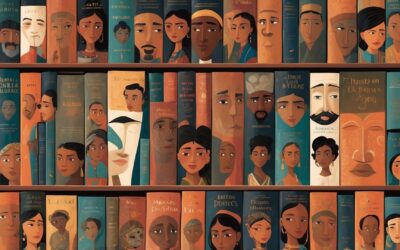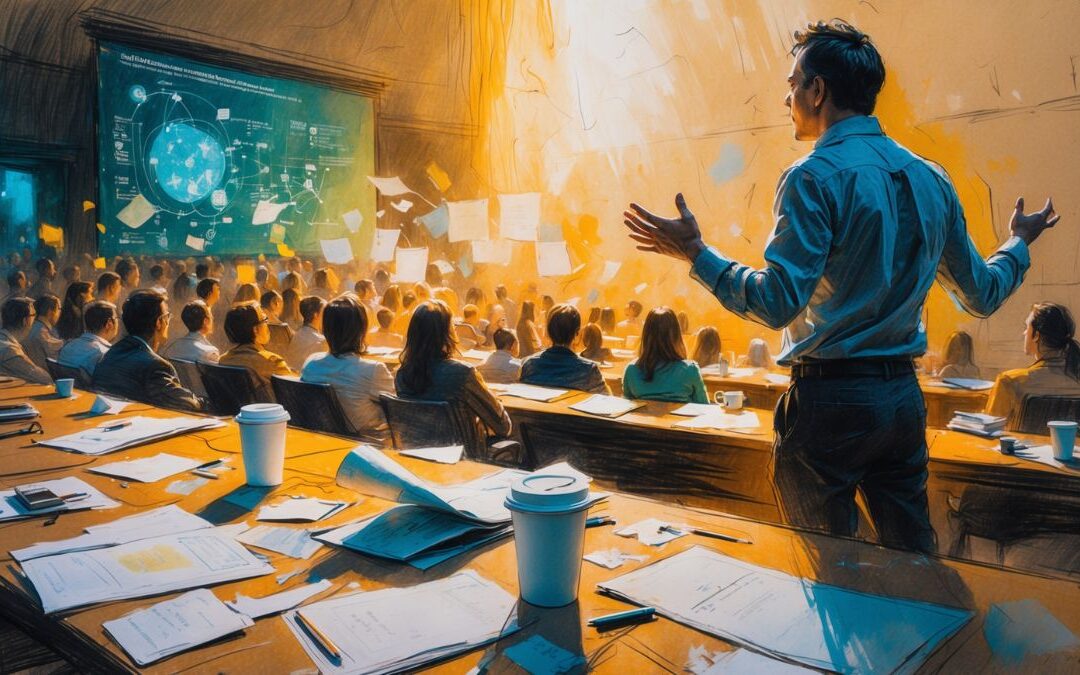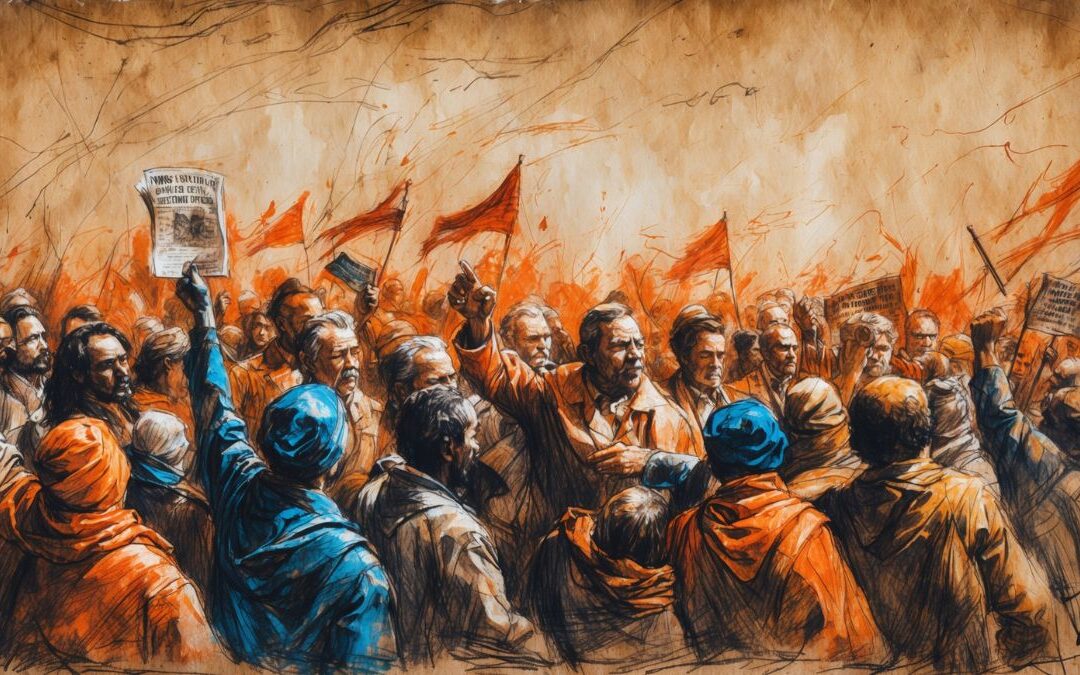In the quiet hamlet of Rivertown, nestled between rolling green hills and a serene river that mirrored the sky, there was a quaint cinema hall. Once a month, on evenings when the moon painted silver streaks on the river’s surface, townsfolk would gather here for ‘Adaptation Night’, where films born from books took center stage.
One evening, as the last golden rays of the sun cast elongated shadows, a conversation brewed between two friends, Clara, an ardent book lover, and Leo, a filmmaker. They sat on the steps of the cinema, waiting for the night’s screening – an adaptation of a classic they both cherished.
“You know, Clara,” Leo began, “there’s something profoundly magical about bringing a book to life on screen. It’s like capturing the essence of a dream and presenting it for the world to see.”
Clara looked thoughtful. “But isn’t there a risk? A book allows me to paint my own images, to hear the characters’ voices in unique tones, to immerse in a world of my creation. Doesn’t a film strip away that personal touch?”
Leo nodded, “Ah, the age-old debate. But consider this, my friend. Remember the last time we shared stories about our grandmothers? You spoke of her garden, the roses, the way the sun hit the dew in the mornings. I, too, shared tales of my grandma’s kitchen, the smell of baked goods, the sound of her humming. Though our experiences were unique, we found common ground in the feelings they evoked. Adaptation is a bit like that.”
He continued, “When a filmmaker reads a book, they’re touched by its essence. The aim isn’t to replicate, but to resonate. It’s about capturing that universal emotion and presenting it in a visual format. Yes, the house on screen might not match the mansion you pictured or the protagonist might not look as you imagined, but the heart of the story? That remains.”
Clara pondered Leo’s words. “It’s almost like reading a book to a child,” she mused. “The way you emphasize certain words, the pauses, the tones, they add a layer to the story, yet the core remains unchanged.”
“Exactly!” Leo exclaimed. “Think of everyday life. We constantly adapt. Stories from our childhood, tales of our adventures, they evolve in the telling, gain new layers, yet the essence remains. That’s the art of adaptation.”
The conversation was interrupted by the soft chime of the cinema’s bell, signaling the beginning of the movie. As the two friends made their way inside, Clara whispered, “Perhaps, there’s room in the world for both – the personal canvas a book offers and the collective experience of a film.”
Leo smiled, “Literature and cinema, two art forms, each profound, each beautiful. And in their meeting, a new echo is born, one that resonates with the harmonies of both.”
As the lights dimmed and the screen lit up, the audience was transported to a world where words took visual form. And in that shared experience, the magic of literary adaptation came alive, reminding everyone of the timeless dance between the written word and its cinematic echo.











0 Comments